I was awakened by the sound of someone screaming.
I couldn’t make out the words, but I didn’t need to. The sound was unnerving enough without knowing what was being said. As I opened my eyes and adjusted to my surroundings, I was reminded once again where I was: jail. Suddenly, the sights, sounds, and yes, smells, came flooding back in to my head. With them came the cold reality of where I was, who I had become, and where my life had ended up.
If being regularly jolted awake by the tormented screams of inmates in neighboring cells wasn’t bad enough, there was the fact that I was sharing a cell designed for a single inmate with three other people. We were crowded four deep in a tiny cell, and there was no escaping the smell. To call it unpleasant would be putting it lightly. It was overpowering.
As my eyes adjusted to the light, I looked at the bottom of the bunk above me. On it was a hurricane of words… angry, unstable words, scratched into the metal bed frame by those who had been there before me. The words sounded a lot like the things that many of the people around me uttered every day. This was an insane place, and for the time being, it was home.
In that moment, my mind jumped back once again to the decisions that had brought me here, and the people who had been hurt because of my choices. I said to myself, “You had so many loving people in your life, but this time you’ve lost them. You had every good thing that anyone could ask for, and you threw it all away because of your actions.” I thought about the person I had become and the downward spiral I had traveled for so long. I thought to myself, “How did I get here?”
I got started down the road to substance use in middle school for a few reasons. I was a scared, awkward kid who desperately wanted to be liked, but didn’t quite fit the mold that everyone else was in. I was definitely different, and not always in a way that was seen as good. I wasn’t even remotely comfortable in my own skin. So I thought I’d win my peers’ approval and acceptance by drinking. In addition to that, I was curious to see what it was like. Finally, there were some people I looked up to who had substance use issues of their own, and they seemed completely happy and successful. So, while I had been told about the dangers of drugs and alcohol, what I had seen conveyed a very different message.
The first time I drank, one of the worst things that could have possibly happened did happen: nothing. I don’t mean that the alcohol didn’t affect me. I mean that there weren’t any immediate consequences, at least that I could notice. After having been told what drugs and alcohol would do to me, I was anticipating some kind of instant lightning bolt of consequence. When nothing seemed to go wrong, I thought, “There’s no price to pay for this. I just did it and I’m fine. The world didn’t end. They lied to me about this.” I’ve since learned something very important about consequences. There is a consequence for every negative or unhealthy decision we make, but they don’t always happen immediately and we don’t always notice them right away. Sometimes they don’t become apparent until much later, and sometimes they chase you down the road years later.
I noticed that when I drank, everything seemed to get better. My pain seemed to go away. I was dealing with bullying and feeling very out of place in junior high, and when I drank, I quit feeling the sadness from that. It seemed to allow me to finally be comfortable in my own skin. I didn’t realize that the feeling was a lie. When I got into high school, alcohol was a lot easier to get, and I started using it as a way to deal with my problems. My alcohol use became much more frequent and I started drinking larger quantities. I didn’t realize how much worse I was making things for myself. None of it seemed like a big deal at the time. Alcohol then gave way to marijuana, nitrous oxide (Whip-Its), and some initial experimentation with prescription drugs.
By the time I was a freshman in college, I was using marijuana daily and drinking frequently. Later in college I got caught in the web of opiate painkillers after a friend with a prescription gave me some oxycodone. After I started on painkillers, the floodgates opened. The feeling from opiates was a step beyond alcohol in my quest to escape my pain, disintegrating relationship, and my growing dislike for myself. Somehow I miraculously made it through college with a decent GPA and managed to get my degree. I’m still not completely sure how I managed that.
Shortly after college, I got into ecstasy and cocaine. I developed a huge cocaine habit that eventually led me to getting into meth, once the cocaine ceased being effective. Right around the same time, my painkiller addiction led to heroin after it became impossible to get legitimate prescriptions and expensive to buy illicit opiate pharmaceuticals. Alcohol was there all along, in ridiculously excessive quantities. Eventually, I became willing to use just about any substance that happened to cross my path. When someone asked what my drug of choice was, I laughingly quoted the Alice in Chains song “Junkhead.” “What’s my drug of choice? Well, what have you got?”
My life was a mess. I lost jobs due to absenteeism, quit other jobs due to an inability to focus, and eventually stopped trying to get jobs. I drained a $10,000 bank account on my addiction. I had nothing to show for it but increasing health problems. There was alcohol poisoning. There were overdoses. There was one particular overdose involving a combination of cocaine, meth, alcohol, and fentanyl (a powerful synthetic opioid) that was absolutely hellish and insane. To this day, it surprises me that I made it through that one. My behavior was erratic and I became angry and unpredictable. At one point, coke and meth made me a 130lb skeleton. At a later point, alcohol made me a 215lb slug.
This went on for years. I lost my 20’s and the better part of my 30’s. I wanted to stop but was so caught up in it all. I was making all kinds of bad decisions. I’m responsible for my own choices, but addiction and the damaged thinking that comes with it makes it a whole lot easier to make bad choices. Eventually I was no longer using to feel good, but to not feel horrible. I was drinking and using purely out of addiction and the need to avoid withdrawal. Guilt and shame kept me running back to drugs and alcohol, which led to behavior that caused me guilt and shame. It was an endless cycle.
I ended up jobless for a long time, and thousands of dollars in debt. My thinking and brain chemistry were so overwhelmed by the substances to which I was a slave. I came to a point where I hated myself and said, “I’m never coming back from this. I’ve done too much damage. I’m going to ride this train until it crashes.” The last night I drank and used, I went on a rampage. I hurt people who didn’t deserve it, smashed up my own house, and eventually attempted to end my own life. I was arrested and charged with multiple felonies. If I had been convicted of everything I was charged with, I was looking at the possibility of a doing few years in the Arizona Department of Corrections.
That’s what led to me serving time in Durango Jail, part of Sheriff Joe Arpaio’s notorious Maricopa County Jail system. While in jail, I went through hellish withdrawals. The extent of the jail’s acknowledgement of my withdrawal consisted of giving me a bottom bunk, so I would be less likely to get a concussion if my withdrawals led to a seizure that ended up with me falling out of bed. I suffered horrible insomnia and only managed to occasionally sleep for about 15 minutes at a time. It was less like sleeping and more like passing out. I genuinely felt like I was going insane. I went through a combination of the worst physical, mental, emotional, and spiritual pain I’ve ever felt. I genuinely believed that I had lost everyone and everything I loved and cared about. I found myself at a nearly unbearable low point.
I became willing to do anything to repair the damage I had done, but wasn’t sure that such repair would even be possible. While in the midst of this, I somehow found a tiny bit of sanity, which allowed me to make myself a promise to make my faith, my family, and my sobriety my priorities. A fellow inmate named Troy gave me a Bible, which I started reading. It was a welcome escape and was the only thing that gave me any kind of hope in those moments. I latched on to that Higher Power and never let go.
I eventually bailed out while my case was pending, and I moved into a place called the Phoenix Dream Center. It’s a live-in facility where people who have had substance use issues, people who have been in jail and prison, people who have been homeless, former gang members, and survivors of human trafficking can move in and get their lives back together. A lot of good growth and healing started for me there, but it wasn’t easy.
In a lot of ways, the Dream Center is harder than jail. Our days started at 4 a.m. and ended at 11 p.m. Every moment was scheduled for us and included intense morning workouts (run by a former pro rugby star), classes, janitorial work, maintenance work, labor, homeless outreach, church, etc. We were run ragged, but the discipline, structure, and purpose were what I (and the others there) needed as part of a successful recovery.
While in the Dream Center, I poured myself back into my faith, which remains a key component of my recovery today. I started communicating again, instead of trying to run from my problems. I made exercise and nutrition a big part of my life. I started creating art and writing again. I started to laugh again. I gained back my self-respect and others’ trust. As a result of the changes that began there, I was able to restore my marriage; something I hoped would happen but didn’t know was possible.
In court, the prosecutor was seeking 90 days of jail time for me, and the Probation Presentence Writer wanted me to do six months. I didn’t want either to happen, as they could delay the good work that had begun in my marriage, and in my growth as a person. I accepted a plea deal. Based on what I said and others said at my sentencing, the judge said that he didn’t see any benefit to me serving additional time. To this day, I am grateful he listened to me and to the others who spoke. I was sentenced to two years supervised probation. I was assigned 46 weeks of one type of counseling and 15 weeks of another. I was given a permanent (“designated”) felony and lost my rights as an American citizen. I paid thousands of dollars in court fines and fees. I was given a 10 p.m. curfew. I was randomly drug tested.
Under really interesting circumstances, I ran into a guy who overheard part of my story and told me I should apply to be a substance use Peer Educator at a local prevention nonprofit called notMYkid. I did. In January of 2013, I started there as a part-time youth Peer Educator and worked as hard as I could. I spoke in schools across Arizona, sharing the experience and knowledge I learned during my journey with students in 6th through 12th grade. I decided to be as open and honest as I could about my past in order to help prevent others from taking the same path. I did everything I was asked to do and took on additional duties. I was relentless and determined in my efforts. Within the first three months, they made me full time. Four months later, I was given a staff position, and became the organization’s first Communications Coordinator.
I was then promoted to Manager of Parent and Faculty Education for the organization and eventually became a Prevention Specialist. I researched several behavioral health topics and created presentations for parents, school faculty members, after school program mentors, and camp counselors. I have also recruited, hired, trained, and managed several Parent and Faculty Educators, who are primarily behavioral health professionals and current or former law enforcement officers. I’ve done numerous student/youth presentations on substance use, bullying, and a combination topic of depression, self-injury, and suicide. I also did several parent and faculty presentations on substance use, bullying, depression/self-injury/suicide, prescription drug misuse, and Internet safety. I also did TV, radio, web, and print interviews as the organization’s representative. I’ve done approximately 100 interviews in the last few years, including live TV appearances in New York, Boston, Dallas, Denver, and Kansas City. Those interviews have included the “Today” show, “Good Day New York,” “Kansas City Live,” NECN Boston, and WFAA Dallas.
I traveled around Arizona doing speaking engagements, sharing my personal story intertwined with teachable keys to behavioral health. I’ve had the opportunity to share my story with students and government officials in Boston, students and parents in California, and parents in Kansas City. I’ve spoken to groups as small as five people and as large as 1,000. I’ve done as many as seven one-hour presentations back-to-back. I’ve had the chance to address the Pinal County Drug Court, sharing my story and thoughts on the way government and the courts view addiction. I’ve presented at Grand Canyon University, Arizona State University, Paradise Valley Community College, and a number of corporations, Including American Express, Cox, Intel, and Insight. As of 2024, I’ve done over 600 presentations to an audience of over 100,000 people. Approximately half of my presentations have been given to youth, and the other half to adults.
I also had the opportunity to do interviews for a historic documentary called “Hooked: Tracking Heroin’s Hold on Arizona,” which was simulcast on every TV station (and most radio stations) in Arizona on January 13th, 2015. Additionally, I was appointed to the Recovery and Response Subcommittee responsible for developing, staffing, and overseeing the crisis line phone bank taking calls during and after the airing of the documentary. I also served on the Recovery and Response Subcommittee tasked with overseeing the crisis line response for the sequel documentary called “Hooked Rx,” which aired in early 2017.
In October of 2015, I had the chance to become an ASIST (Applied Suicide Intervention Skills Training) trainer. As a registered trainer, I have since had the honor of facilitating two-day suicide intervention workshops, and teaching genuinely lifesaving intervention skills to people around the state of Arizona. It has allowed me to combine my personal experience with the topic, and my passion for helping others, with the well-designed material that has become the industry standard (crisis lines, military, fire departments, police departments) for suicide intervention. I have since used my experience and training to help multiple different people who were struggling with thoughts of suicide. The opportunity has been nothing short of a blessing.
In 2016, I was made co-facilitator on an early intervention program for preteens and teens dealing with mild to moderate substance use issues. About a year into my time with the program, I was made lead facilitator. I then went on to manage the program and facilitate multiple monthly groups in Scottsdale and Tempe. It’s an incredibly positive, non-shaming, non-punitive, educational and inspirational program that has helped hundreds of local families not only get their teens back on a healthy path, but learn to communicate with one another in an intentional, proactive, and respectful way. I got to see families, who sometimes aren’t even speaking to one another at the beginning of the first session, reconnect with one another and rise above the issues that have been challenging them.
In September of 2019, I had the opportunity to begin hosting and producing a weekly podcast called “Win This Year.” The show is focused on prevention, mental health, behavioral health, parenting, and other related topics, and the target audience is primarily parents, grandparents, guardians, and those who work with youth. My goal for the show was to be interesting, informative, and inspiring. Look for the show on Apple Podcasts, Google Podcasts, Spotify, Amazon Alexa/TuneIn, Stitcher, IHeartRadio, and most mainstream podcast outlets.
Most importantly, recovery has allowed me the opportunity to become the type of husband, son, and friend I should have been all along and has given me the chance to be a very good dad to an amazing daughter who was born shortly after my one-year sober date. I give thanks every day for the fact that I got clean and sober before having a child. I owe it to her and my wife to have my act together. Every moment with my daughter is a gift that I never thought I would get. If you had told me when I was in jail that my life would be like this right now, I wouldn’t have believed you though I would have desperately wanted to.
I’m thankful for every chance I get to help other people, to let individuals who are struggling know that they’re not alone, and to destroy the stigma and stereotypes surrounding addiction and recovery. I take every opportunity I get to help people understand that addiction is not a failure of morality, but a behavioral health issue.
If you are struggling, please speak up. Find a trusted, caring, non-judgmental, willing, and ready person and let them know what’s going on. Things can get better, but not until you make the choice to change and move forward. Get connected with local professional resources that can assist you in your recovery. If the situation calls for it, detox correctly and go through residential treatment. If not, consider an intensive outpatient program, or at least 12-step meetings.
Find what works for you, and do it. Surround yourself with positive and caring people who are mentally, physically, emotionally, and spiritually healthy. Create a support network. Fill your phone with the phone numbers of those on whom you can call when you’re struggling– even if it’s two in the morning. Practice intentional and consistent self-care that includes healthy coping skills and positive outlets. It’s not enough to just NOT use drugs and alcohol, but it’s important to figure out what to replace them with. For me, that includes things like music, writing, art, exercise, hiking, serving others, laughter, meeting new people, and experiencing new things. Find your recipe for success and then make a point to put those pieces in place every single day.
November 29th, 2024 marked 13 years of personal recovery for me, thanks to the grace of Jesus Christ and the incredible support shown to me by those around me. I’m grateful to even be alive and amazed at the wonderful opportunities I’ve been given. Every morning when I wake up, I give thanks for the tremendous amount of grace I’ve been shown. I’m astounded at how much my life has managed to change for the better in that short amount of time.
In June of 2022, I resigned from notMYkid. I will forever be grateful for the nine years of opportunities the organization gave me, the wonderful people I had the chance to work with, the memories I made along the way, and the fact I got to see so many lives saved and changed for the better. However, I know my work in the field is not done. I immediately began freelancing and continued my work after leaving the organization.
In March 2024, Silverladder became an LLC with a focus on mental and behavioral health education, peer support for those in recovery or wanting to be in recovery, and family support for those looking to help addicted loved ones. This includes presentations, peer support consulting, family support consulting, blog posts, videos, inspirational and educational content, and a podcast. I am still speaking publicly, sharing my story of addiction and recovery to help others, as well as educating both youth and adults on a variety of mental and behavioral health topics.
A big part of the reason I left nMk was to spend as much time as I had remaining with my parents. Not long after I resigned, my dad was diagnosed with stage four cancer. I made him and my mom a priority and a focal point in my life, helping with his care. That included driving him to and from the hospital, doctor’s appointments, the store, etc. When cancer limited what he was able to do physically, I became his hands and feet to help him complete projects he wanted done, yard work, repairs, renovations, etc. I wanted to return as much autonomy, free will, and control, to someone whose life undoubtedly felt very out of control.
My dad passed away on May 19th, 2023. I am grateful I was able to be present, available, and reliable for him in his final days. One of the many gifts of recovery is that my dad got to see me not only get sober, but become a loving, involved father myself, create a body of work, launch a career, find joy and peace, and thrive as a human being. Recovery allowed me to practice acceptance of my dad’s situation, make the most of the time we had together, and not waste one moment in denial or regret. For that, I will always be grateful.
Thank you for taking the time to allow me to share my story with you. I hope it benefits you in some way.
-Shane
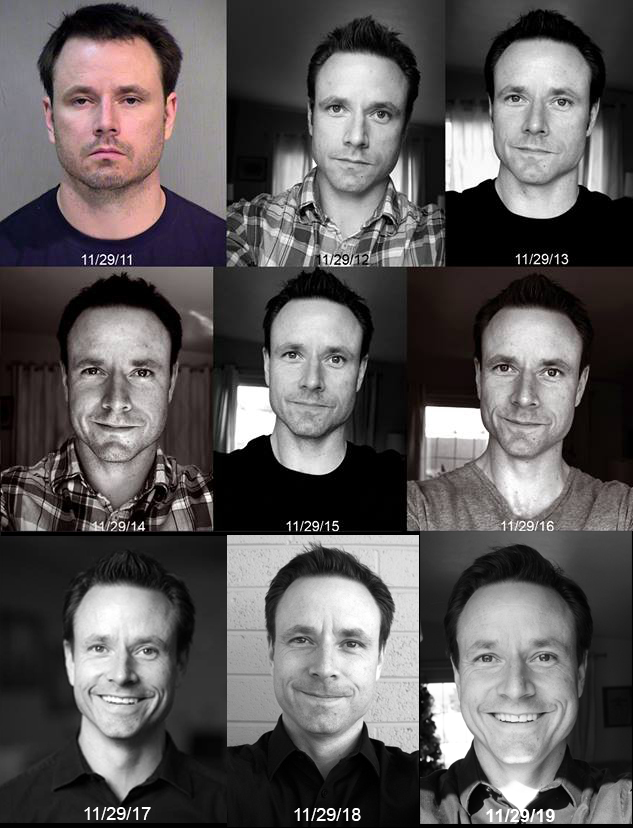
What a difference eight years sober makes
Click to enlarge
My 2023 appearance on the “Recover The Valley” Podcast from Sanctuary Recovery Centers
My November 2022 interview with acclaimed singer/songwriter and podcaster Joseph Arthur
“Finding Grace” – An ultra-short film by Chris Heck on my personal journey of addiction and redemption.
My May 2023 appearance on the “What’s The Lesson” podcast (Apple Podcasts)
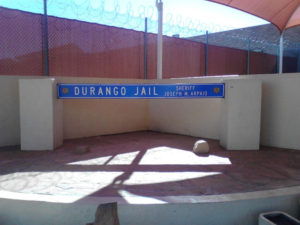
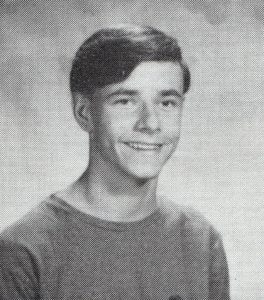
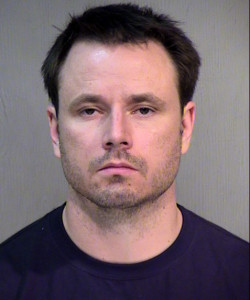
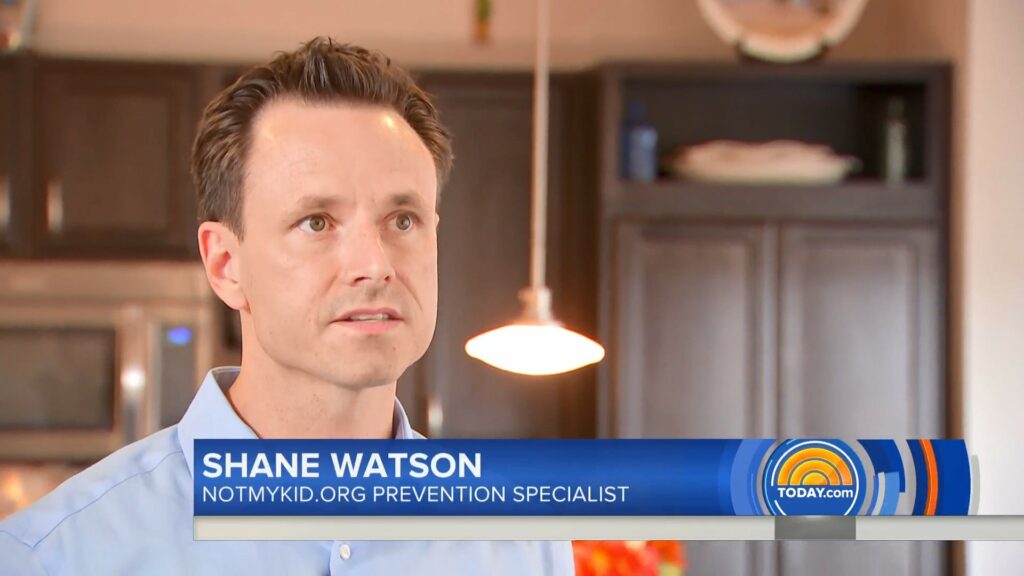
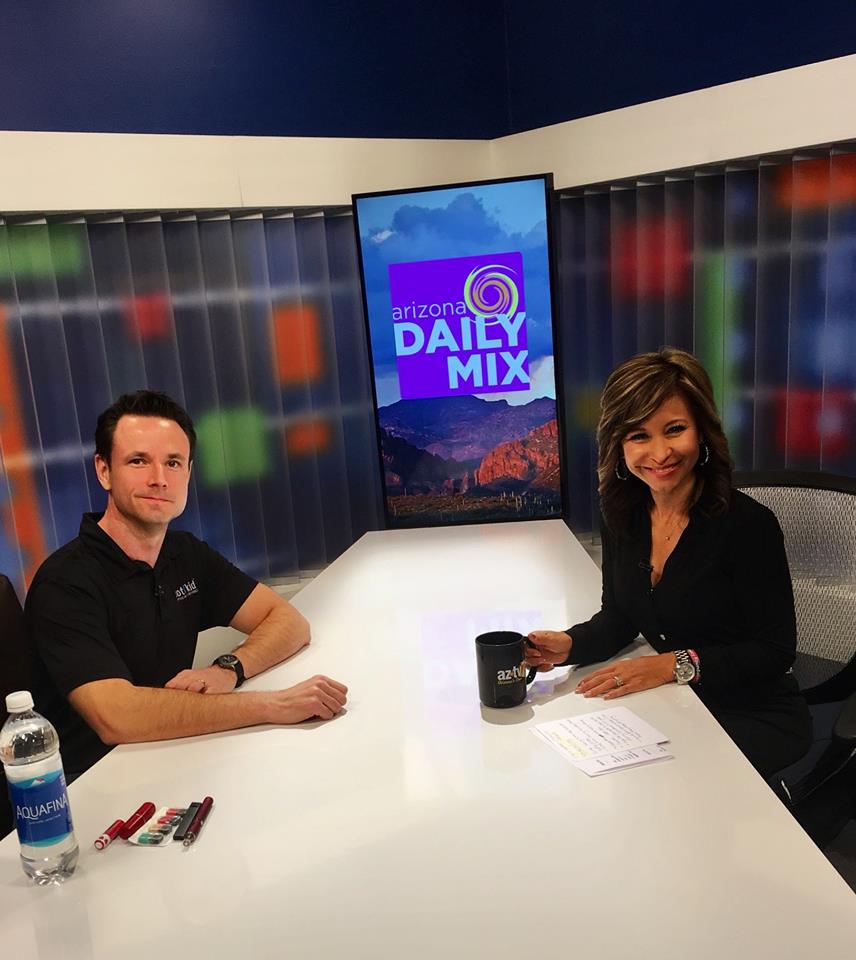
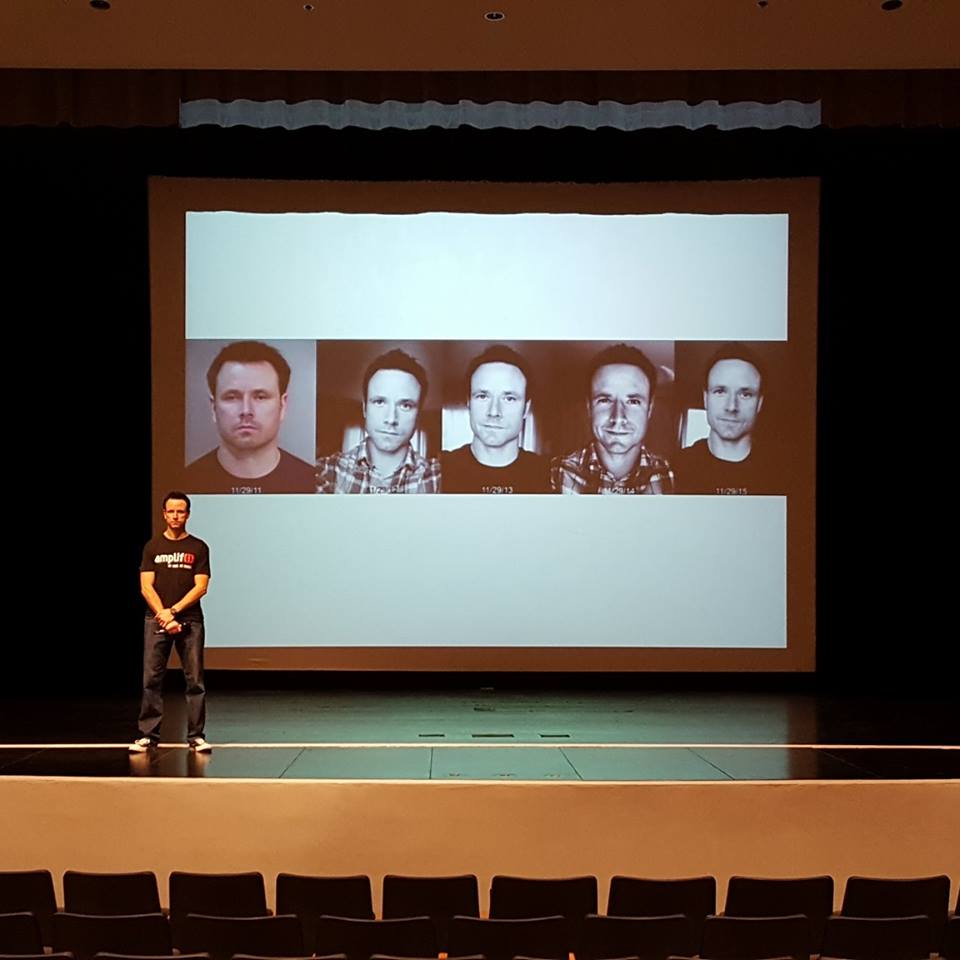
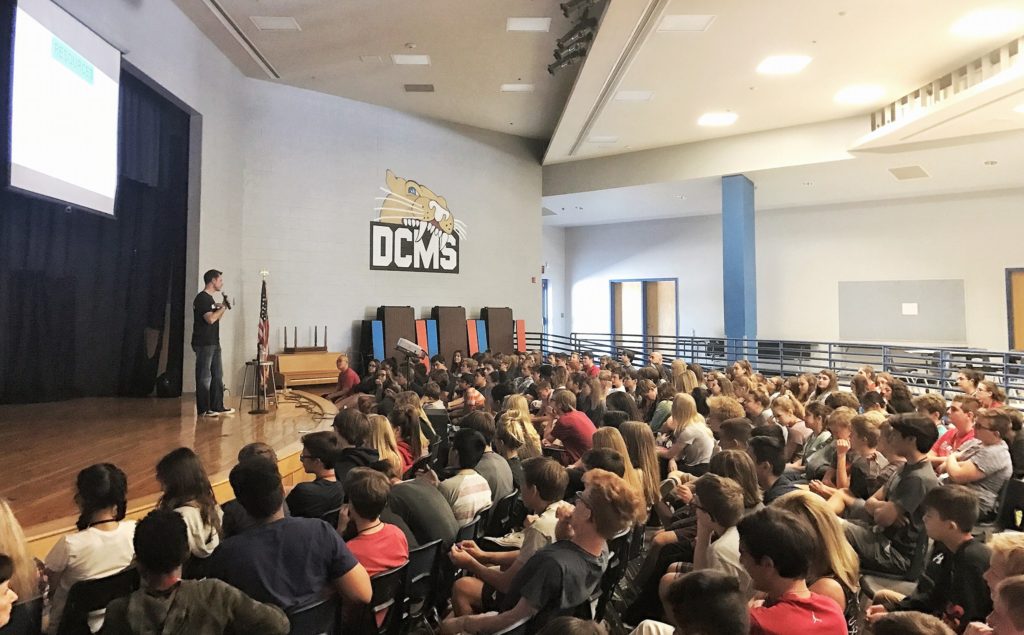
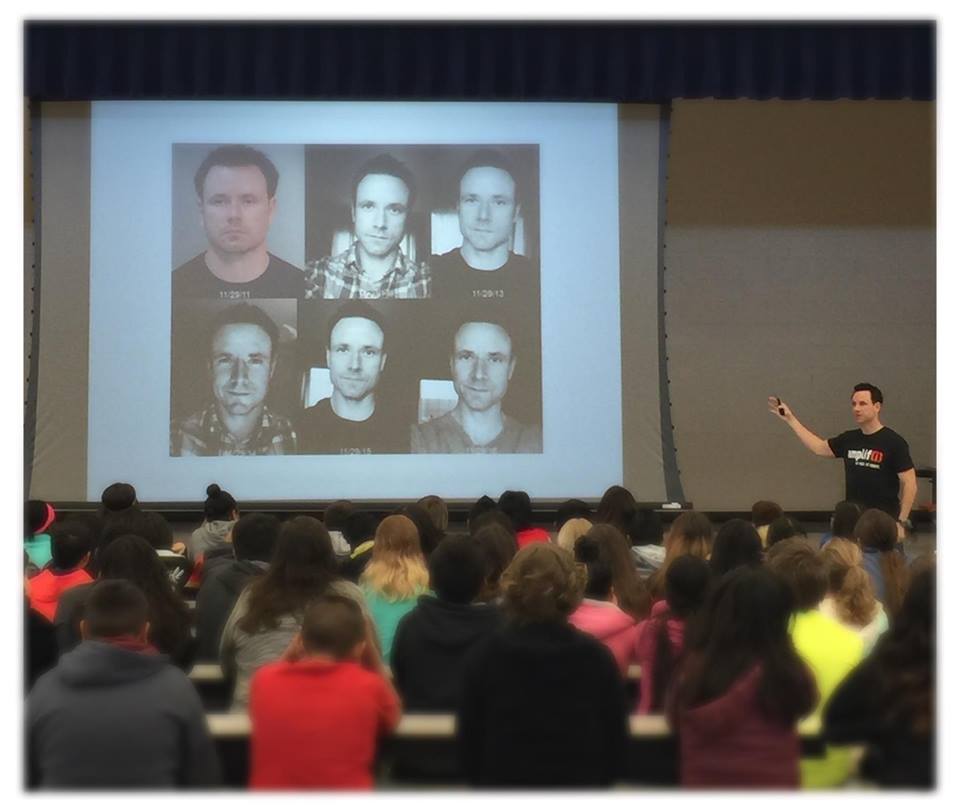
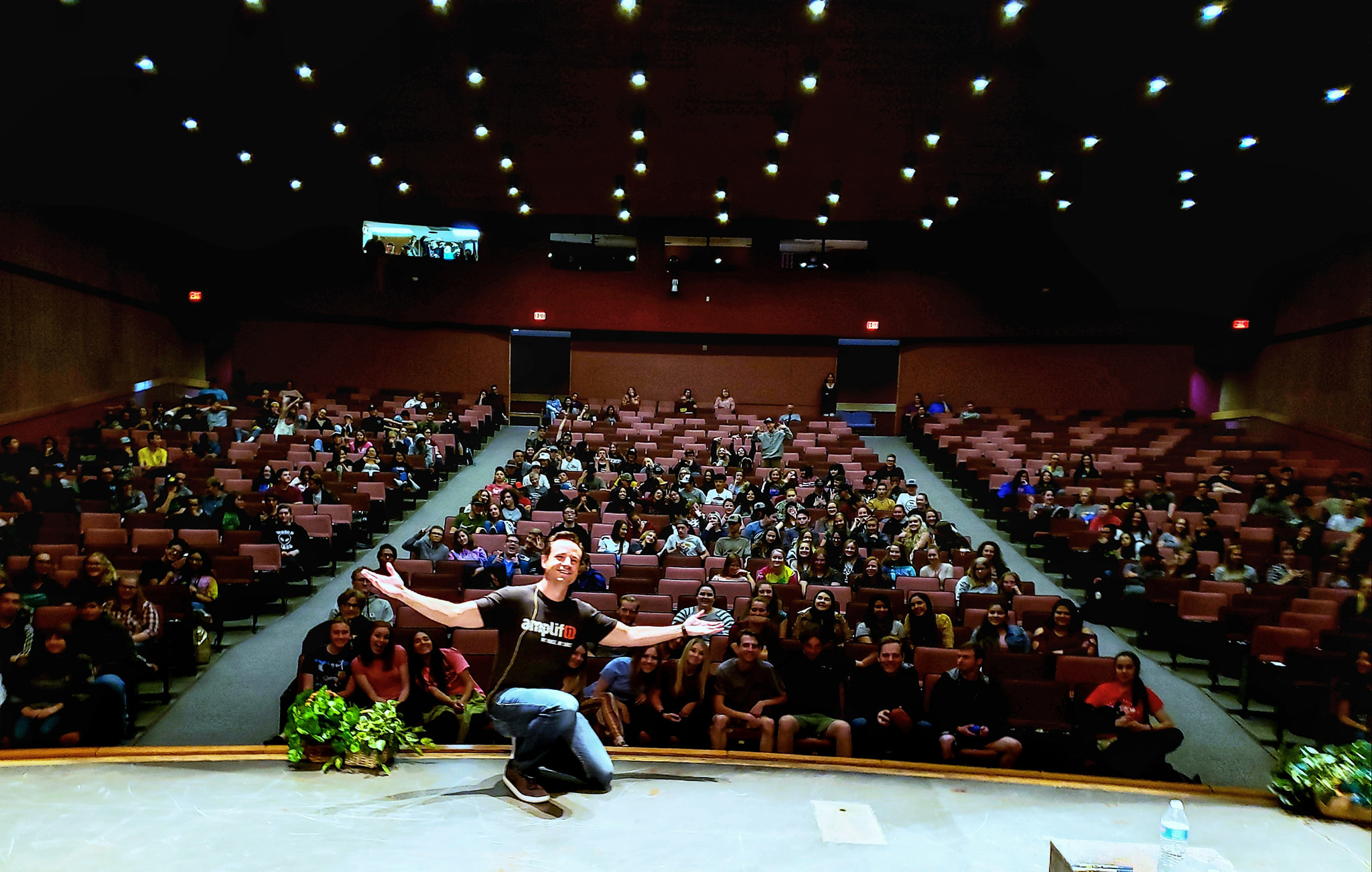
I am so grateful to meet you. Our stories are so similar, and we are sober for the same reason. This was inspiring to read.
Mark, thank you. I’m glad you commented and I’m thankful we crossed paths on FB. I hope to get to know you more as time goes on.
WOW! I’m in awe right now!! This is a true divine intervention for me…I liked your Instagram pic on Sober Movement simply because I like all the pics from Sober Movement. I feel that liking any and all SM photos shows gratitude in some way. I am truly grateful and inspired by the transformations, if you will, that fellow addicts share via Sober Movement… But yours led me down an unexpected path. I too have a mug shot that I look at to remind myself of where I came from. Because of that, I was drawn to yours even more. And then you checked out my account, liked a couple pics, which drew me to take a deeper look into your account. Eventually that led me to this blog. And after reading your experience, strength, and hope, I am amazed…. Amazed by the similarities of our stories… Amazed by the motivation and optimism your story instilled within my soul…. Amazed by the path that led me to this in the first place. A simple”like” on social media just may have saved my life. I’m currently battling a relapse after 10 months of consecutive clean time and your story is just what I needed right now. Thank you! Thank you for sharing your journey and thank you Higher Power for guiding me here! May your God continue to bless you in unimaginable and immeasurable ways!
Great stuff Shane! Incredibly inspiring. I’m approaching 3 years, and it’s true what they say, it only gets better….not perfect, but better. I was curious how you started speaking at local schools or events? South Florida has a large recovery community, but also a large community of those still sick and suffering. Just looking for ways to give back, and help where I can. Keep doing the good work!
Chris, I’m so sorry for the delay in responding. Thank you for your kind words.
I became a substance abuse Peer Educator at nMk after meeting someone who had previously worked for the organization who heard me mentioning to someone the frustration I was encountering while trying to get a job as a convicted felon. He asked if I had public speaking experience and a substance abuse-related story to tell. The answer to both was a resounding “yes.”
I applied, but had to wait ’til I was a year sober to start with the organization. I took every opportunity they gave me to speak, or do anything else for them. They rewarded my willingness. Within a few months I went from a part-time Peer Educator to a full-time one. A few months after that, I was given a staff position. Four years and a whole lot of training, experience, and research later, I’m a Prevention Specialist.
Do you want to specifically speak to addicts (intervention), or do you want to speak to students/youth (prevention)? If it’s the prior one, I’d make some calls to treatment and behavioral health agencies in your area to see if they have any kind of Peer Support or Peer Educator position, or something similar. If you want to do prevention, I’d advise finding out what youth prevention agencies are in your state, or how your state handles prevention education. It varies a lot from state to state. Find out where any kind of speaking opportunities are.
Build your story. Think of the main points you want to convey and the main stories you want to include and build an outline around those. Plot out the main points and flesh it out from there.
Consider what is going to resonate most with your audience. It might vary depending on whether you’re speaking to students or adults, although some concepts and stories are going to resonate with nearly any audience. Also, in speaking to students, your goal may be more prevention-oriented, whereas with those at rehabs, the focus will be more recovery. Again, some concepts will still apply to both.
Chronological order may be easiest for them to follow, especially if you’re telling a progression of personal stories.
Have a really good attention-getter to start your story. I actually start out with the phrase, “I woke up to the sound of someone screaming,” and catch them with a tiny bit of a story from me being in jail, which I then come back to in greater detail later.
Really work on smoothing out your transition between points and stories. Think of the most natural or seamless way to move from one section to the next. Figuring that out might take time.
Practice, practice, practice.
Stick to what you know. You know yourself and your experiences better than anyone else does. You are also more likely to be comfortable speaking about what you know.
Keep in mind with kids of certain ages, certain references (cultural things, etc.) might be lost on them if they’re not old enough to remember. You’ll need to explain them, or might decide to omit them if it works best. Also, be conscious of what not to include. There are some things that can be more damaging than helpful. I never talk about how I acquired drugs, how I hid them, and methods I used to use the drugs. I say “used” drugs in my presentation. I never say “smoked,” “snorted,” “injected,” etc. I never say “high” or use any glowing terms that glorify the highs.
Create versions of your story to fit in different time windows: one hour, 30 minutes, 10-15 minutes, 5 minutes. You may have different speaking lengths depending on where you are and who the audience is.
Build a portfolio. Have a couple short (30 seconds, one minute, two minutes, five minutes) videos of you speaking and put them up on YouTube. It’s easier to get opportunities if they can hear/see examples of you speaking.
I know this is a really long response, but I hope it helps.
Best of luck! If you have any more questions, just let me know.
Thank you for sharing your story.
Thank you, Michael!
Keep going, Shane! Loved this & good read.
Thank you so much, Jimmy. Definitely a cool surprise to see a comment from you.
What an amazing story of God’s grace and mercy.Thank you for sharing your life with so many people. Our son is currently in rehab in Maryland. .
My God what an inspiring story and thank you for sharing.Gods deliverance in my life has been so overwhelming. 27 years and I even carried a relationship with a man whom had full blown AIDS, But God…………
However I am excited and just grateful god saw fit to save a wretch like you and me. I am very familiar with your story because it sounds like mine with the bullying, name calling but I had a birth affect so my self esteem was on the ground and I suffered with being and feeling unwanted lead me down a path of destruction, a flight to hell and the devil was my pilot. I was a willing participant in the planning of my own death! I am now stepping out on faith to help someone else and I just moved back to the place where it all started for me, Baltimore. I am now doing podcast on Anchor, it’s called CHOICES and other platforms. So Bless you on your journey to Redemption! ????God bless you and your family, I would love to meet you one day!